Research IT News
Christmas Closure 2025


Our team will be taking a well-deserved break over the festive period!
Semantic Search in Action: Building a Multi-Modal Cognitive Engine


Two of our Research Software Engineers, in conjunction with the Department of Computer Science at the University, partnered with mindcubes to prototype a multi-modal semantic search system that links images to structured knowledge, delivering a scalable AI pipeline for smarter, concept-aware retrieval.
Getting Started with Git, GitHub & GitHub Copilot at the University of Manchester?


This guide introduces key tools in the software development lifecycle - Git, GitHub, and GitHub Copilot – and explains how University of Manchester staff and students can access them for free through supported programs. Whether you’re working independently or as part of a team, these tools are essential for managing code effectively.
Free Training to Support Your Research Coding
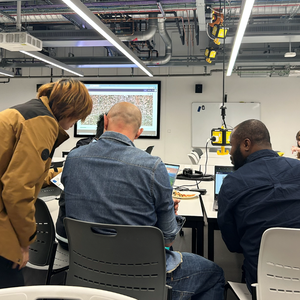

Did you know that Research IT provides a wide range of training courses that are free to all researchers and PGRs? Our short, focused training courses can help you with a variety of digital research problems.
Driving the C++ User Group
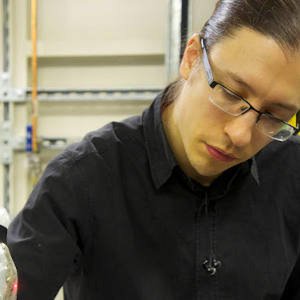

Meet Russell Garwood, Senior Lecturer in the Dept. of Earth and Environmental Sciences and one of the academic leads of the University C++ User Group. Discover how he got involved with the group and what it offers the C++ user community at the University.
Systems Management Overhaul for High Energy Physics: Research IT’s Role
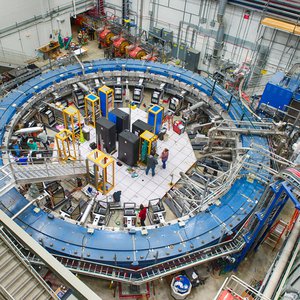

Many researchers are aware they can include Research Software Engineering support in their grant applications — but perhaps fewer realise that our Research Platforms team can also be included to provide a wide range of services. From bespoke hardware provision to systems management and automation support, the Platforms team has enabled research across diverse areas. That includes collaborations with the National X-ray Computed Tomography Research Facility and, as highlighted here, the High Energy Physics group.
ML Engineer vs. AI Engineer: Two Roles Shaping the Future of AI
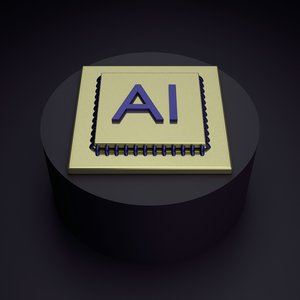

Ever wondered what the difference between an Machine Learning (ML) engineer and an Artificial Intelligence (AI) engineer is? Research Software Engineer Ettore Murabito helps to explain the differences between the two roles.
Research Applications – getting started


Just arrived at the University as a new research student? Need some assistance with research software? Our Application Support team is here to help.
RSECon25 Highlights: Innovation, Sustainability, and Community
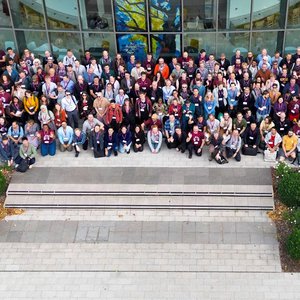

Earlier this month, members of The University of Manchester’s Research Software Engineering (RSE) team joined peers from across the UK and beyond at RSECon25, held at the University of Warwick. The annual conference, now in its ninth year, is the flagship event for the RSE community.
Announcing the new Deputy Head of RSE


Adrian Harwood, Head of Research Software Engineering, has announced that Chris Fullerton will take on the role of Deputy Head of Research Software Engineering starting in October 2025. Chris will also chair the new RSE Operational Excellence group.
Funding Opportunity: Grow Leadership Skills within digital Research Technical Professions!


Are you committed to advancing leadership skills and careers within digital Research Technical Professions (dRTP)? Do you have a bold idea or an existing initiative that could make a real difference to your profession? Apply now for up to £10,000 from the DisCouRSE Network+ Flexible Fund!
The DisCouRSE Network + activity are seeking creative, community-led initiatives that encourage and support the development of leaders and managers across the profession.
🗓️ Apply by: Friday 14th November 2025, 16:00 GMT
👉 Everything you need to start your application is now live here, including the submission timeline, eligible project types and costs, and assessment criteria.
Introducing Ontology Maker: A TIC Initiative Bridging Language Gaps in Disaster Relief


In collaboration with Visioning Lab, the Research Software Engineering team has developed Ontology Maker, an AI-powered platform that helps international teams manage key terminology across languages and disciplines. Initially focused on the temporary architecture sector, the tool simplifies the creation of multilingual glossaries to support faster, more effective disaster response.
